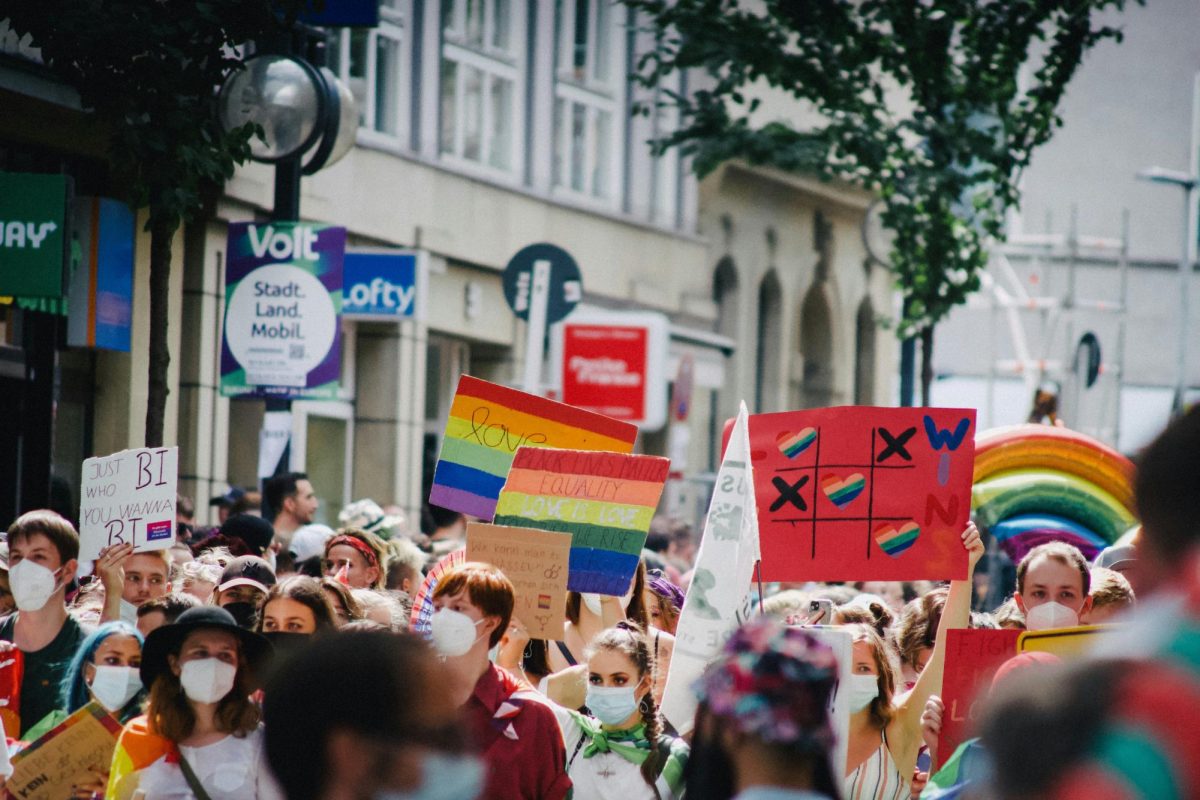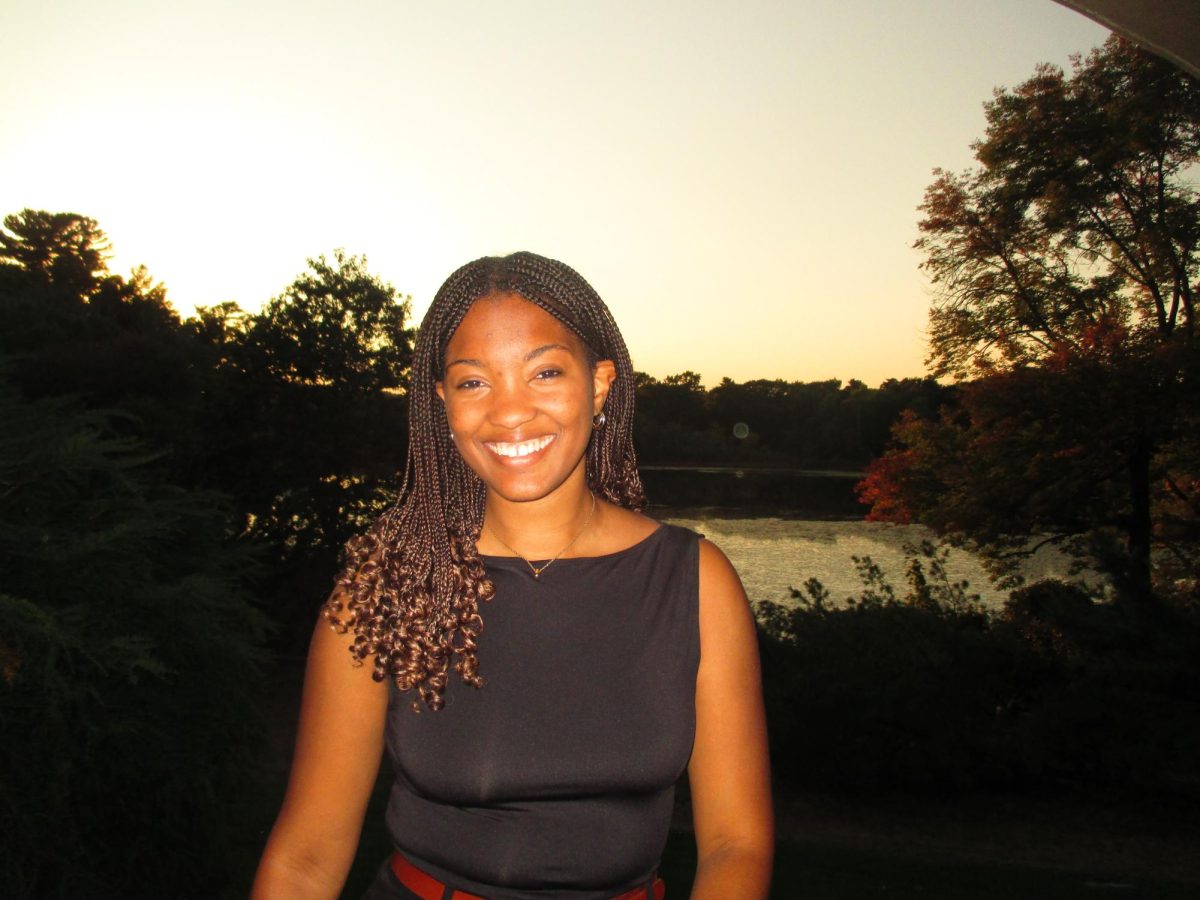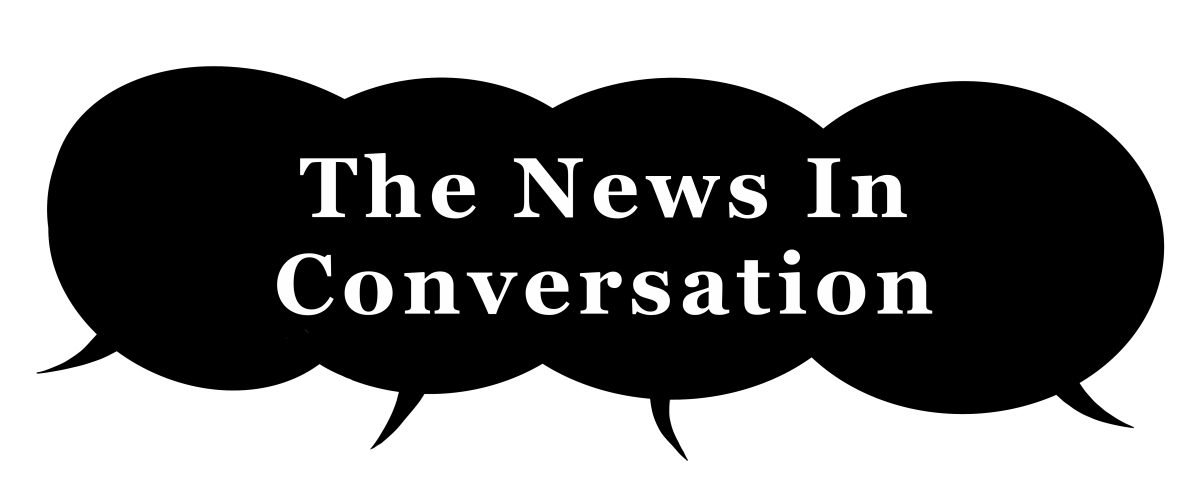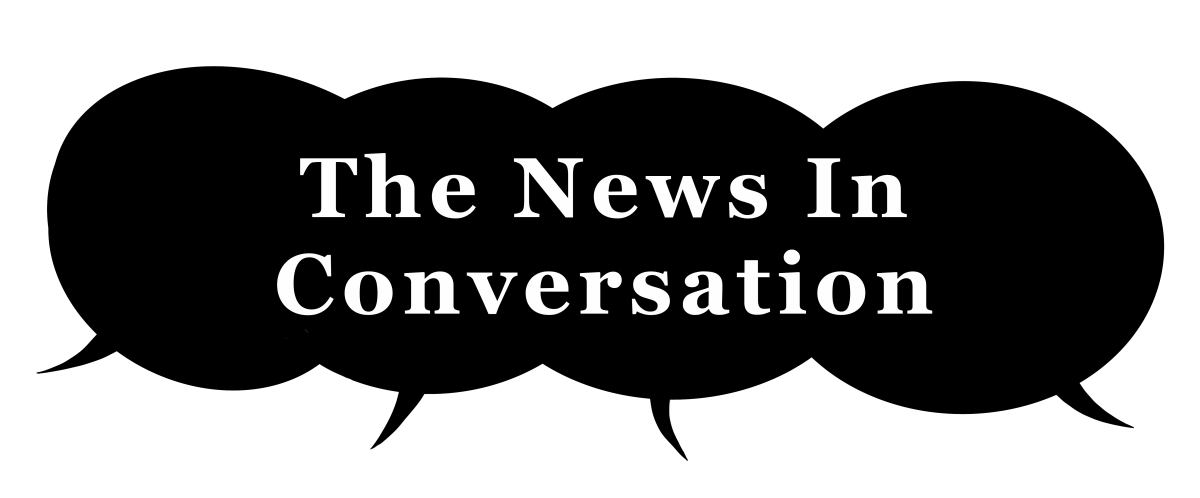
Welcome to a new series titled The News in Conversation. In every iteration of this column, The Wellesley News will pose a series of questions to a group of students on campus and publish the answers. If you have any suggestions for who we should reach out to next, email [email protected].
Our first edition of the column features some of the voices of the students behind the “BlackPhiSigConfession” Instagram account (@blackphisigconfessions). The answers to these questions were written by over five current and former members of the Alpha Phi Sigma society. Answers were lightly edited for grammar and formatting.
Q: To what extent is anti-Blackness entrenched in the Alpha Phi Sigma society? Where does it appear in its structures? (Throughout tea-ing, social events, advocacy, etc.)
A: The simple answer is everywhere. Phi Sigma has certain pillars that it stands for, and racism is rooted in all of them. Whether it is the side comments about Black tea-ers that non-Black tea-ers would never receive, to never engaging with Black social groups, anti-Blackness is apparent everywhere. One of the major ways this is shown is the ostracization of Black students when they speak up about racism.
The community standards document that Phi Sig uses is anti-Black in numerous ways, such as language that fosters white guilt and works against Black members who try to raise their voice. There has been conflict in the past regarding the document because some members think it’s not worth changing, ignoring the needs of those who face the worst discrimination: Darkskin women.
Q: What are some of the recent situations that led to a majority of Black sibs deactivating from the society?
A: The treatment that Black members receive from Phi Sig is nothing new; however, seeing a Black member be voted out of the society was one of the leading factors. For many of us, we realized that our voices were never listened to and would continue to be ignored. We knew that it was time to leave for good.
Q: What response did Black members receive when bringing up their concerns of anti-Blackness within the space?
A: They were told that it wasn’t a constructive nor a productive mode of action. That they should make the effort to understand other members, yet the same was not applied to Black members. Especially in recent events, it seems that there is a choice between who gets to feel hurt. Oftentimes, whenever we mentioned our pain, they said that they feel attacked. It seems like when the majority of Black members voiced their concerns, more people were worried about the scene this would cause rather than addressing the root of why Black members were upset.
This divided up the Black members in Phi Sig and it was very clear it was based on our different upbringings… those with certain privileges were appalled that they could be inflicting harm on their own community. This is a common issue across the Wellesley campus as the Black experience is not a monolith. Those Black members being called out used their positions of power to deactivate a member.
Q: How have dark-skinned individuals of other races reacted to the deactivation of the majority of Black members?
A: No other race said anything besides the Black people who left. It’s kind of hurtful to see the same people who champion being anti-racist on social media stay silent when Black members ask for their support. But then again, if you were not affected by this racism and can turn a blind eye along with the society, why wouldn’t you? After all, a lot of people only care about looking progressive online anyway…
No one can truly understand what it feels like to walk this earth as a dark skin person unless you were born of dark skin. This incident only showed how people have colorist tendencies and turn a blind eye when called out. When a dark-skinned member who has been very active with social justice throughout the org voiced their opinion, they were gaslighted and told they were being aggressive towards others. All they were trying to do was explain their situation from a dark-skinned point of view. But why must it always be the oppressed who have to explain to others how they are wrong for their behavior?
Mixed politics have come up in the society and people project their insecurities with their racial identities to other Black members.
Q: Have other current members of the society been supportive of the Instagram account? If not, what sort of actions would you like to see from them?
A: Yes, a couple of people have liked posts on the page, but it’s performative because why support the page but continue to be in the society? Silence is the easy way out because by not choosing whom to stand with you get to float between the two, but Black members are sick of this. There is no middle ground when it comes to racism.
Phi Sig is full of performative activism and they let only those Black members who are always active do all the work. As one of those members, I am here to say, we literally have to beg for support or for people to post. When they post, it’s just out of guilt and not genuine cause most go back to their lives where they don’t have to encounter Black issues. The same issue occurred last summer during the Black Lives Matter movement. There was a divide again in the Black members of the society because they didn’t feel included in what we had to say. But why weren’t they the first to think of ways to support the movement?
Q: Tell us about the work (if any) that the society has done to address issues of anti-Blackness.
A: None, literally none. Even when it came to BLM protests in the summer of 2020, some Black members had to address the society about how it isn’t doing enough. This is when a fundraiser was set up, but that definitely would not have occurred if it weren’t for the initial Black sibs that have made it known that Phi Sig never makes the effort to step up. It is also notable that a majority of Black members were alienized after speaking out.
There are a few non-Black members who have said the N-word and were not removed from the org or approached about the issue. It is not a surprise that one of them is still in the org as the situation was recent, but they were so quick to deactivate a Black member who “offended” them by calling out their anti-Blackness.
Q: What do you hope will happen within the Alpha Phi Sigma society (specifically the actions of white and non-black members) to address its legacy of anti-Blackness?
A: First and foremost, speak up and speak out. Secondly, there needs to be action behind the words. There is a consistent theme within the society where the work of detangling anti-Blackness/racism is placed on the backs of Black members. Some Black members have continued to make issues known in meetings, and have been told a significant amount of times that they have been heard and understood. However, it is one thing to “listen,” but a whole other thing to be still and silent. When Black members made it known that they wanted to leave the society, they were met with disapproval from e-board. Other members sat quiet. Once Black members committed to the action of leaving, non-Black members carried on within the society and have never addressed the leave nor made the effort to reach out. There were the same members that continuously make a point to “understand or hear,” but if they’ve understood then there would be more upheaval. Action behind words is making a point to decide between one’s own advantages (fun) in a space or standing behind others that have not had the same privileges within that same space.
Q: Do you think the society itself needs to be abolished in order to address its anti-Blackness?
A: This isn’t for us to decide. It’s on the members to discern for themselves. The space has always had a legacy for anti-Blackness and it isn’t on Black sibs to decide whether or not the space should continue to exist because the current members have to make that choice for themselves. It’s important to note though that the continuation of the society will relay the kinds of spaces sibs want to adhere to.
Q: Do you think the Wellesley administration will address this? What actions should the school take?
A: Wellesley administration is aware of the situation, but again the work should no longer be on Black peers in how to fix the issue. That kind of labor must be on non-Black sibs because Black sibs are simply tired. One of the biggest problems that Wellesley has is that there is little to no regulation with societies, which is a major reason why issues such as racism and hazing run rampant around societies. It’s also important to note that the work that needs to be done is not on us. We created the page to expose the truths to the school to prevent any other Black student from having to endure what we went through.
Q: What advice would you give incoming students or students interested in joining societies — particularly Black students?
A: Do your research. There is a lot of glamour in the initial tea-ing process, but something that many of us have not had the chance to do is ask around what others have thought of the society. Phi Sig isn’t the only society to have had members leave, so there are alums or members who left that people can reach out to. If people can’t access that, they can always do inner work by having an idea as to why they want to join, what they hope to gain… idk.
My advice is to be true to yourself. Do not allow for your respect and values to be compromised for the sake of a false sense of community. Know that you will always deserve respect, and that there is always going to be a community that will welcome you with open arms. Do not be afraid to speak up for yourself.





